Have you ever found yourself munching on a handful of pecans, only to look down and see your furry friend staring up at you with those big, pleading eyes? Before you toss a pecan their way, it’s crucial to understand whether pecans are safe for dogs to consume. While these tasty nuts offer numerous health benefits for humans, the same cannot be said for our canine companions. Let’s delve into the topic and uncover all you need to know about whether dogs can eat pecans.
Contents Overview
Understanding Pecans
Pecans, known for their rich, buttery flavor and crunchy texture, are nuts native to North America. They’re commonly used in various culinary applications, from pies and pastries to salads and snacks. Packed with nutrients like healthy fats, fiber, and antioxidants, pecans are touted for their potential health benefits for humans.
Are Pecans Safe for Dogs?
As much as we enjoy indulging in pecans, the same cannot be said for dogs. Pecans pose several risks to canine health and should be avoided altogether. Here’s why:
- Toxicity: Pecans contain a toxin called juglone, which is harmful to dogs. This toxin can cause gastrointestinal upset, including symptoms like vomiting, diarrhea, and abdominal pain.
- Potential Obstruction: The size and hardness of pecans can pose a choking hazard or lead to intestinal obstruction if ingested by dogs. This risk is especially high if the pecans are whole or in large pieces.
- High Fat Content: Pecans are high in fat, which can lead to pancreatitis in dogs, a serious and potentially life-threatening condition characterized by inflammation of the pancreas.
- Risk of Mold and Rancidity: Pecans, like other nuts, can become moldy or rancid over time, especially if stored improperly. Moldy or rancid pecans can contain toxins that are harmful to dogs and may cause symptoms ranging from mild gastrointestinal upset to more severe health issues.
Given these risks, it’s best to err on the side of caution and avoid feeding pecans to your furry friend.
What to Do If Your Dog Eats Pecans
If you suspect that your dog has ingested pecans or any other potentially harmful substance, it’s essential to monitor them closely for any signs of illness. Contact your veterinarian immediately for guidance, especially if your dog is exhibiting symptoms such as vomiting, diarrhea, lethargy, or abdominal discomfort.
Safe Alternatives to Pecans
While pecans are off-limits for dogs, there are plenty of safe and healthy alternatives you can offer as treats or snacks:
- Plain, unsalted peanuts or almonds: These nuts are safer options when given in moderation. However, always ensure they are unsalted and shelled to prevent choking hazards.
- Fresh fruits and vegetables: Opt for dog-friendly fruits and veggies like apples, carrots, and blueberries, which provide essential nutrients and are safe for canine consumption.
- Commercial dog treats: Look for high-quality dog treats made specifically for canine consumption. Choose treats that are free from harmful ingredients and additives.
By offering safe alternatives, you can still treat your dog to delicious snacks without putting their health at risk.
Bottom Line
While pecans are a beloved snack for humans, they are not suitable for canine consumption. These nuts contain toxins that can harm dogs and may lead to various health issues, including gastrointestinal upset, choking hazards, and pancreatitis. To ensure your dog’s well-being, it’s best to refrain from feeding them pecans and opt for safe alternatives instead. Remember, when it comes to your furry friend’s health, it’s always better to be safe than sorry.



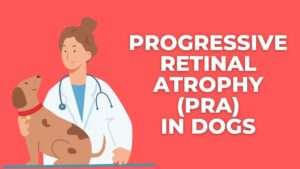




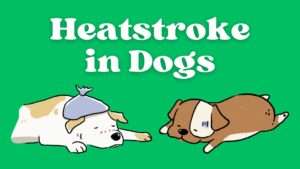



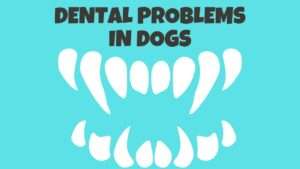
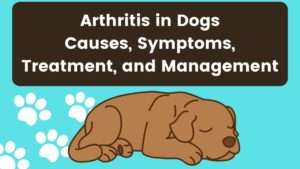


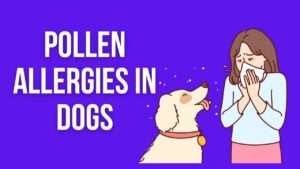


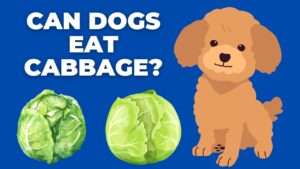

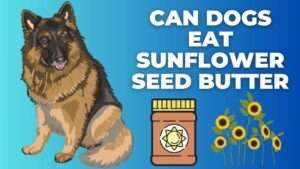













+ There are no comments
Add yours